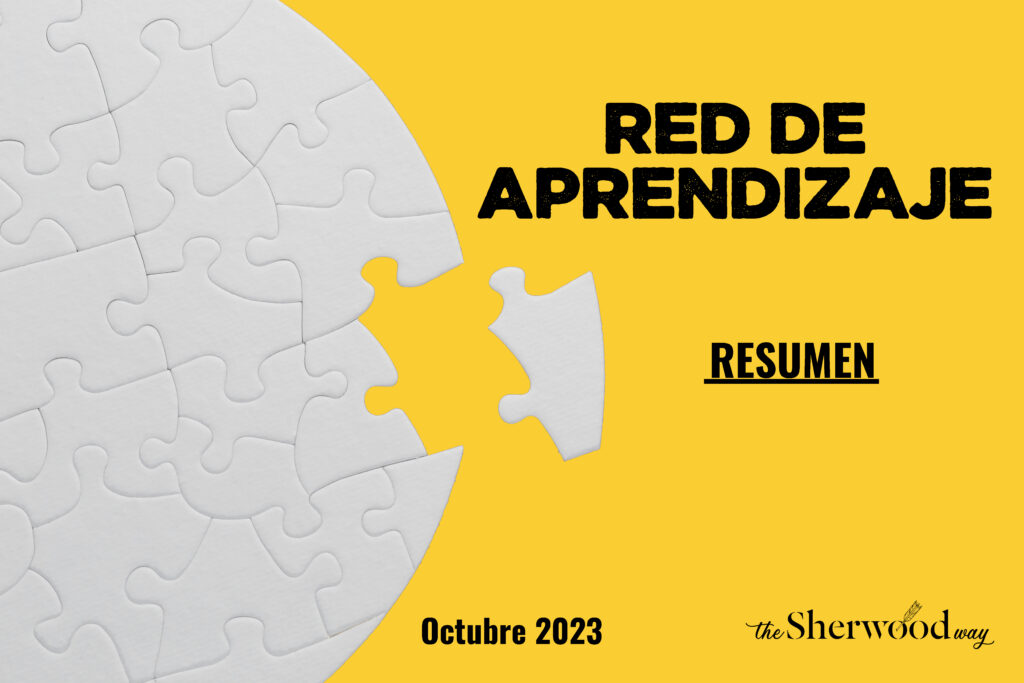By Asier Hernando Malax-Echevarria.
We recently closed the first phase of the Sherwood Learning Network, a space for common reflection among some of the world’s most important NGOs on their processes of reflection and internal transformation to improve their impact and contribution to social change.
In this first phase, we have started with more generic topics, which we will be developing over the next two months. There have been more than 20 hours of individual meetings and two collective meetings with staff from NGOs such as: 11.11.11, Action Aid, Amnesty International, Greenpeace, HelpAge Hispanics in Phillantrophy, Oxfam or Well Being Economy, and many others.
Here are some of the main messages they share with us:
1. The international community and public opinion in many countries do not recognize the urgency of closing spaces to civil society, or have not considered the implications this may have in the medium and long term. It is the metaphor of the frog whose water is heating up. This is one of the main challenges facing NGOs and civil society organizations globally.
Proposals:
- Develop greater rapid response capacity;
- Adapt operations to fragile contexts (flexibility in the use of resources, confidentiality); and
- Create a network of solidarity among NGOs, as they have fallen into a » save yourself if you can » situation as a result of competition for resources.
2. International NGOs still suffer from colonial logics that they must confront, despite being the latest buzzword. This is, in short, a matter of power distribution towards the global South and social organizations, which must be done avoiding rhetoric and with responsibility about governance tools, the need for knowledge of the context and the right rhythm. There is still internal resistance, requires further dialogue within NGOs, as there is no turning back.
Proposals:
- To accept that practically all NGOs require a better distribution of power;
- To establish a diagnosis in order to have a better identification of the problem;
- To set up a transition plan adapted to each NGO and in coordination with its main donors and partner organizations.
3. In an increasingly complex world, there is a tendency for NGOs to focus on how to contribute to change before focusing on what they want to change. They are not knowing how to apply the best strategies for scaling up change processes, ensuring that they are more sustainable and systemic. There are doubts about the relevance of NGOs for larger transformations.
Proposals:
- NGOs must change their narratives and have the capacity to be able to introduce their proposals to undecided audiences;
- Social movements, as well as opposition sectors, can be good sources of learning;
- As in journalism, in complex contexts such as the current ones, much more weight should be given to learning questions, as they help to push us to make sense of our own experience, to take advantage of existing experiences, test assumptions, seek new explanations, make connections and generate ideas (Bruce Britton).
4. NGOs that do not have a feminist approach may be contributing to patriarchy. This issue is approached with some rhetoric, easily attributing the label of feminist and then maintaining management logics contrary to feminism.
Proposals:
- This is possibly the deepest change in the sector, which involves breaking with deep-rooted patriarchal logics. It requires a change in programmatic focus and priorities, management style and profiles, decision-making processes, safeguard policies, and others.
- Nothing about us without us. Breaking the classic schemes of relationship between NGOs in more privileged spaces of control and opening it to social organizations.
5. All of the previously mentioned issues are connected. It is impossible to contribute to systemic changes in a context of closed spaces. Coloniality is associated with patriarchy. All reflection must be collective, but with a view to the nuances of each one of them.
The Sherwood Learning Network for NGOs begins its second phase in mid-October and will continue to deepen these themes. We will share learnings, achievements and mistakes, and doubts so that together as a sector we can continue to have a social impact and reduce inequalities in an increasingly complex world with many new actors.
For more information, please contact: claudia.caselli@thesherwoodway.com



